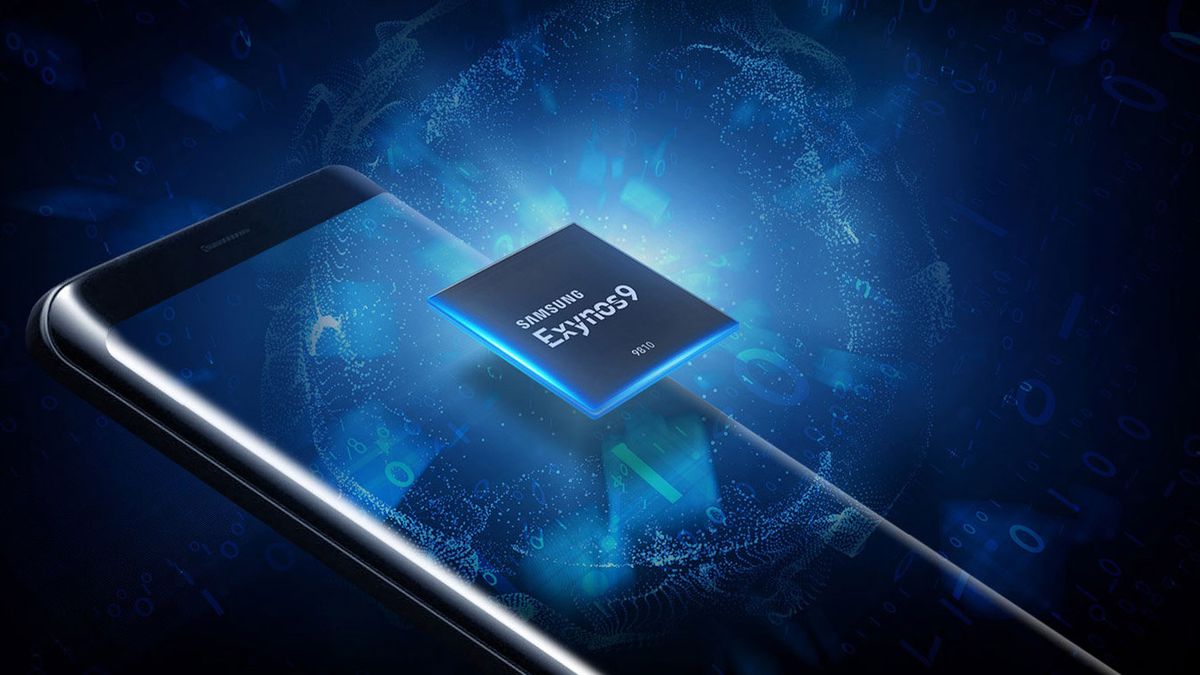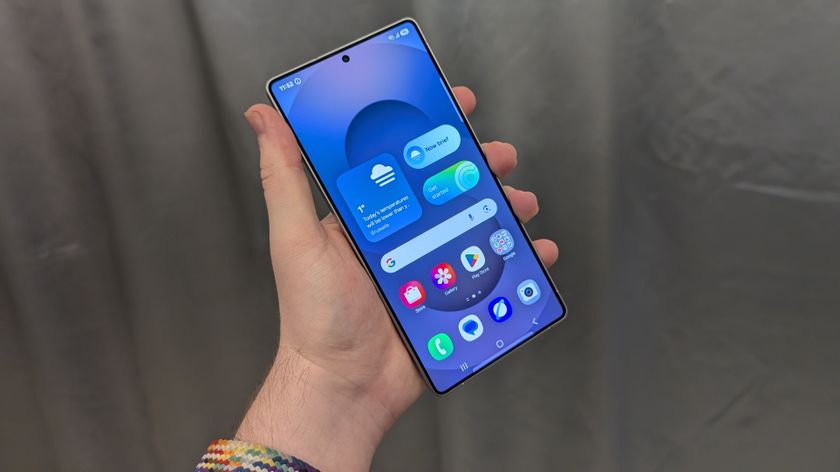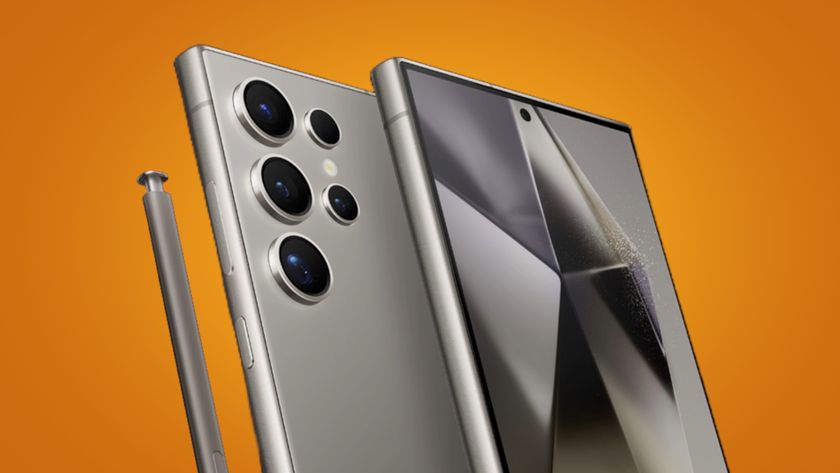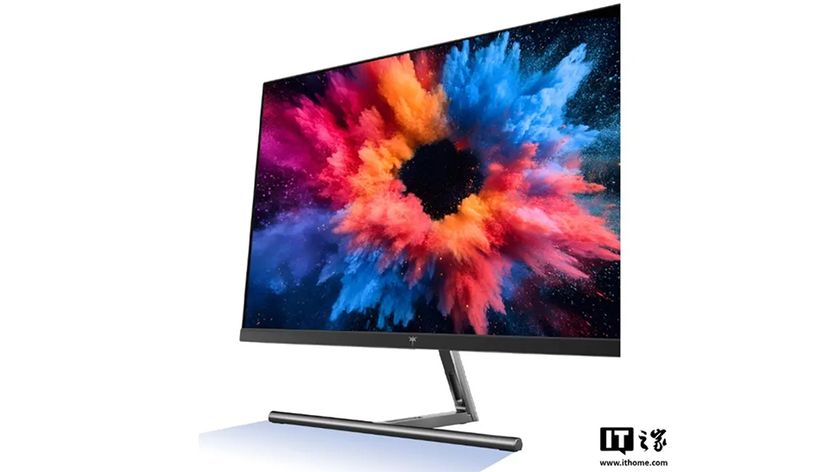Samsung's China gambit explained
Woos Chinese smartphone brands with its processor

When the details of the launch of Samsung's much-expected Exynos 1080 mobile application processor were revealed on Weibo, the popular social media platform in China, there was understandable curiosity all around.
Why is Samsung choosing to make a formal announcement on what is a major technological component in Chinese?
It is a question that was resonant many analysts mind.
Turns out that Samsung is making a concerted effort to appeal to Chinese smartphone brands like Vivo, Xiaomi Oppo and make headway in the Chinese market.
Samsung will introduce its Exynos 1080 application processor for mobile devices in Shanghai on November 12.
The Exynos 1080, which is made by using the company's 5-nanometer process, is expected to reduced power consumption and enhance performance, and is also 5G-compliant.
- Samsung Galaxy S21 might be powered by a new Exynos chipset
- Samsung Exynos chips might end up in Windows PCs
Samsung hopes to makes the most of Huawei's troubles
It is well known that Huawei, buffeted by the sanctions from the US, is said to have cut down on its smartphone production.
Get daily insight, inspiration and deals in your inbox
Sign up for breaking news, reviews, opinion, top tech deals, and more.
Using the situation as an opportunity, Samsung wants to make its presence felt in China by supplying processors to Chinese partners.
Popular Chinese brands like Xiaomi, Vivo and Oppo are predicted to increase the production of mid-priced smartphones in the coming months to make up for Huawei's absence.
This is where Samsung senses an opportunity to improve its AP chip share.
The application processor is pivotal to performing numerous calculations a second to graphics processing. Samsung sells the most smartphones in the world, but it lags behind the US and Taiwanese AP chip firms.
Samsung is at fourth place with Apple in the mobile AP market in the second quarter with a 13 percent market share. Qualcomm led with 29 percent, Taiwan's MediaTek was second with 26 percent and China's HiSilicon was third with 16 percent, as per market tracker Counterpoint Research.
The smartphone processor market is also expected to see heightened activity in the coming year as there will be a major bump in the adoption of 5G network.
Samsung first ever launch event for processor
Samsung Exynos1080 will be released in Shanghai, China on November 12.This is the first time Samsung has held a conference for the processor, which means that Samsung has begun to pay attention. pic.twitter.com/DuxRJiw6jQOctober 31, 2020
The fact that Samsung is holding for the first time a conference to launch a processor makes clear the importance it is giving to the development.
Xiaomi and Oppo need additional processors to expand production as Huawei is in trouble.
As a report in Korean media said, " last year, Samsung started providing its Exynos 980, a predecessor of the Exynos 1080, for Vivo's X30 smartphone. The company also is expanding its partnership with Xiaomi, providing its Exynos 990 chips for its Mi 10E smartphone. Samsung also has been collaborating with Xiaomi, supplying image sensor chips for smartphone cameras."
Samsung has also upped its processor production gambit by having a tie-up with Arm and AMD, which design central processing units (CPUs) and graphics processing units (GPUs).
Exynos 1080 is expected to improve its performance against Qualcomm's Snapdragon 865 chip.
The Exynos 1080 is said to use the Coretex A78 CPU from ARM that performs 20% better than its predecessor, and the Mali G78 GPU, which shows a 25% better performance than its predecessor.
Via: BusinessKorea

Over three decades as a journalist covering current affairs, politics, sports and now technology. Former Editor of News Today, writer of humour columns across publications and a hardcore cricket and cinema enthusiast. He writes about technology trends and suggest movies and shows to watch on OTT platforms.












